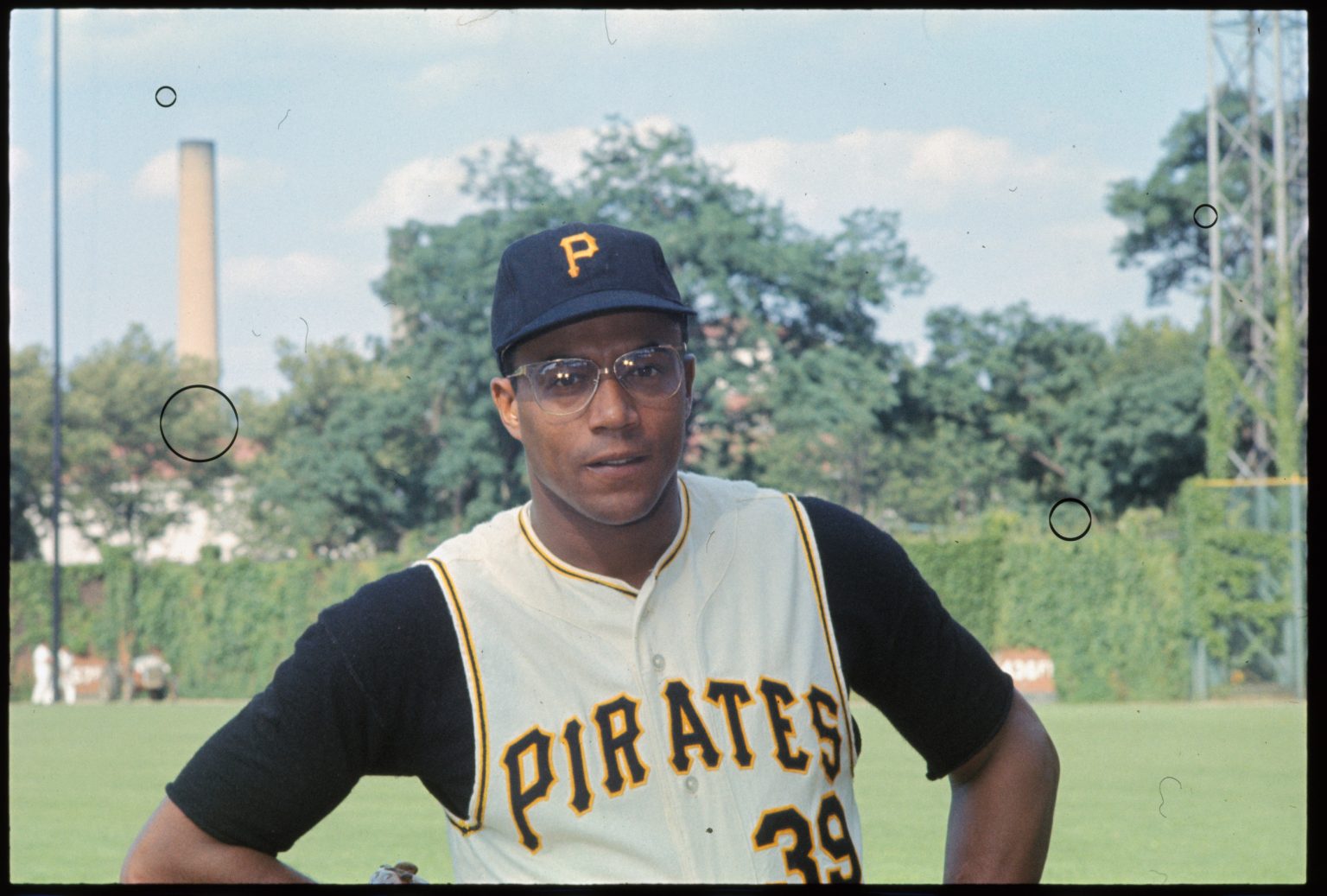Robert "Bob" Veale, a formidable left-handed pitcher who terrorized batters in the 1960s with his blazing fastball and erratic control, passed away at the age of 89. Veale’s legacy extends beyond his impressive strikeout totals and All-Star appearances; he is also credited with coining the paradoxical baseball adage, "Good pitching can stop good hitting every time… and vice versa." This seemingly contradictory statement encapsulates the eternal struggle between pitcher and hitter, a dynamic that Veale himself embodied throughout his 13-year major league career. His time in baseball was marked by both dominance on the mound and the occasional wildness that made him as unpredictable as he was intimidating.
Veale’s journey to the majors began in his hometown of Birmingham, Alabama, where he honed his skills as a youngster working for the Birmingham Black Barons, a Negro League team. Serving as a batboy and concession worker, he even had the opportunity to pitch batting practice, foreshadowing his future career. After signing a minor league contract with the Pittsburgh Pirates in 1958, Veale made his major league debut in 1962, quickly establishing himself as a force to be reckoned with. He spent the majority of his career with the Pirates, consistently ranking among the league leaders in strikeouts. His powerful left arm propelled him to the top of the National League strikeout leaderboard in 1964, a remarkable feat considering the era’s pitching titans like Sandy Koufax, Bob Gibson, Don Drysdale, Juan Marichal, and Jim Bunning. He was also named to the NL All-Star team in 1965 and 1966, solidifying his status as one of the game’s premier pitchers.
Veale’s career, however, was not without its challenges. While his ability to rack up strikeouts was undeniable, his control often faltered, leading the league in walks on multiple occasions. His nearsightedness contributed to his erratic throws, adding another layer of intrigue to his pitching performances. Anecdotes from former teammates, like Manny Sanguillen, recount stories of Veale removing his glasses mid-game, adding to the mystique surrounding his often wild pitches. One such instance involved Hall of Famer Willie McCovey, who found himself facing a 100 mph fastball that sailed high over his head. Veale’s explanation? His glasses were too wet, and he wanted to prove he could throw a strike without them. These stories highlight Veale’s unique personality and the unpredictable nature of his pitching style, making him both feared and respected by his contemporaries.
The pinnacle of Veale’s career arrived in 1971 when he contributed to the Pittsburgh Pirates’ World Series victory over the Baltimore Orioles, earning his only championship ring. By this point, he had transitioned to the bullpen, a role that arguably better suited his strengths and weaknesses. Although he finished his career with the Boston Red Sox in 1974, his most memorable years were spent in Pittsburgh. He still holds the Pirates’ 20th-century single-season strikeout record of 276, set in 1965. Following his playing career, Veale remained connected to the game, working as a scout for the Atlanta Braves, New York Yankees, and also serving as a minor league coach.
Beyond his on-field accomplishments, Veale’s connection to baseball extended to his family and community. Born the second of fourteen children, his father, Robert Andrew Veale Sr., was a pitcher for the Negro League’s Homestead Grays, further solidifying the family’s ties to the sport. Veale’s early experiences with the Black Barons, from his childhood tasks to witnessing the integration of baseball, undoubtedly shaped his perspective and appreciation for the game. His later work as a groundskeeper at Rickwood Field, the historic home of the Black Barons and the site of a 2024 major league game, underscored his enduring commitment to his hometown and the sport he loved. This return to his roots brought his career full circle, highlighting the significance of Rickwood Field in his personal and professional journey.
In his post-playing days, Veale’s claim to fame expanded beyond his pitching prowess to include the authorship of the memorable phrase "Good pitching can stop good hitting every time…and vice versa." This paradoxical statement perfectly encapsulates the dynamic tension between pitcher and hitter, a battle Veale waged fiercely throughout his career. Author Allen Barra confirmed Veale’s authorship of the phrase during an encounter at Rickwood Field, where Veale was consulting on the production of the film Cobb. This seemingly simple statement has resonated within the baseball community, becoming a widely recognized and often quoted axiom of the sport, adding another layer of depth to Veale’s legacy within the game. Robert “Bob” Veale, a dominant pitcher, a man of contradictions, and a source of baseball wisdom, will be remembered not only for his impressive statistics but also for the indelible mark he left on the game and its lore.



